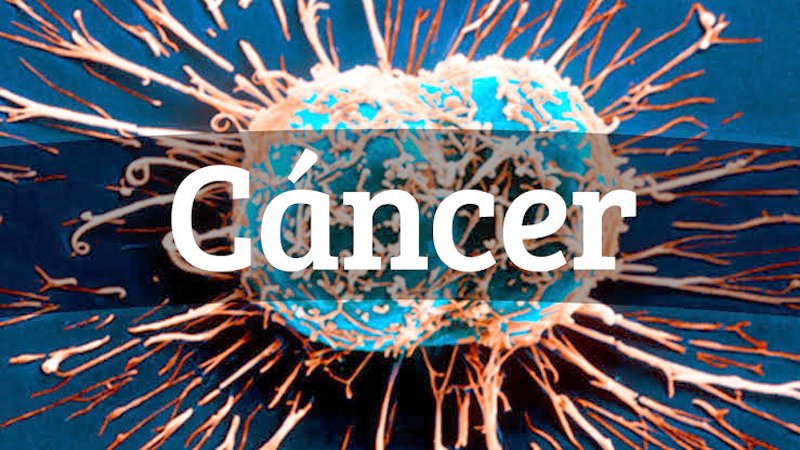Provincial health minister also emphasised the value of screening for early detection. He commended the planners for setting up the seminar.

A seminar on colon cancer was held at the King Edward Medical University Oncology Department (KEMU) on Monday. The seminar aimed to provide education and awareness about colon cancer, its causes, symptoms, diagnosis, and treatment options.
The president of the College of Physicians and Surgeons of Pakistan (CPSP), Vice Chancellor (VC) of the Fatima Jinnah Medical University (FJMU), Prof. Khalid Masood Gondal, Vice Chancellor (VC) of the King Fahd University, Prof. Dr. Mahmood Ayaz, and others were present at the event. The interim provincial health minister was the chief guest.
The provincial health minister discussed the rising incidence of colon cancer in Pakistan and emphasised the significance of providing patients with care. Additionally, he pushed for the creation of a national registry for colon cancer and pledged Punjab’s assistance in this endeavour.
Provincial health minister also emphasised the value of screening for early detection. He commended the planners for setting up the seminar. In his lecture, professor Mahmood Ayaz discussed colon cancer causes and treatments, including robotic surgery procedures.
A condition known as colorectal cancer is characterised by uncontrolled cell growth in the colon or rectum. It is also known as colon cancer informally. The large intestine, or colon, is the large bowel. The rectum serves as the conduit between the colon and the anus.
In Lahore, Punjab, Pakistan, there is a public medical school called King Edward Medical University (KEMU). The university bears King Edward VII’s name; it was established in 1860. Lahore Medical School was founded by the British Raj and was given that name.
Students from the Lahore Medical School were given “privilege similar to that granted to students from English schools” by Trinity College Dublin in 1868. The university replaced the pre-existing Anarkali Dispensary by adding Mayo Hospital as an affiliated hospital in 1871.
The university added Lady Aitchison Hospital as a second teaching hospital in 1887, the same year the college joined University of the Punjab.